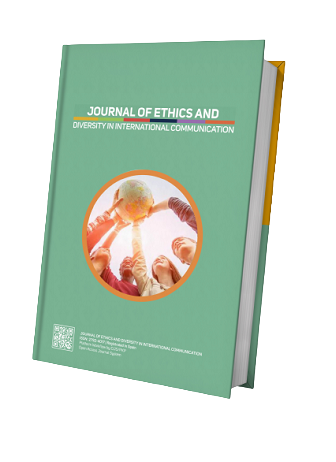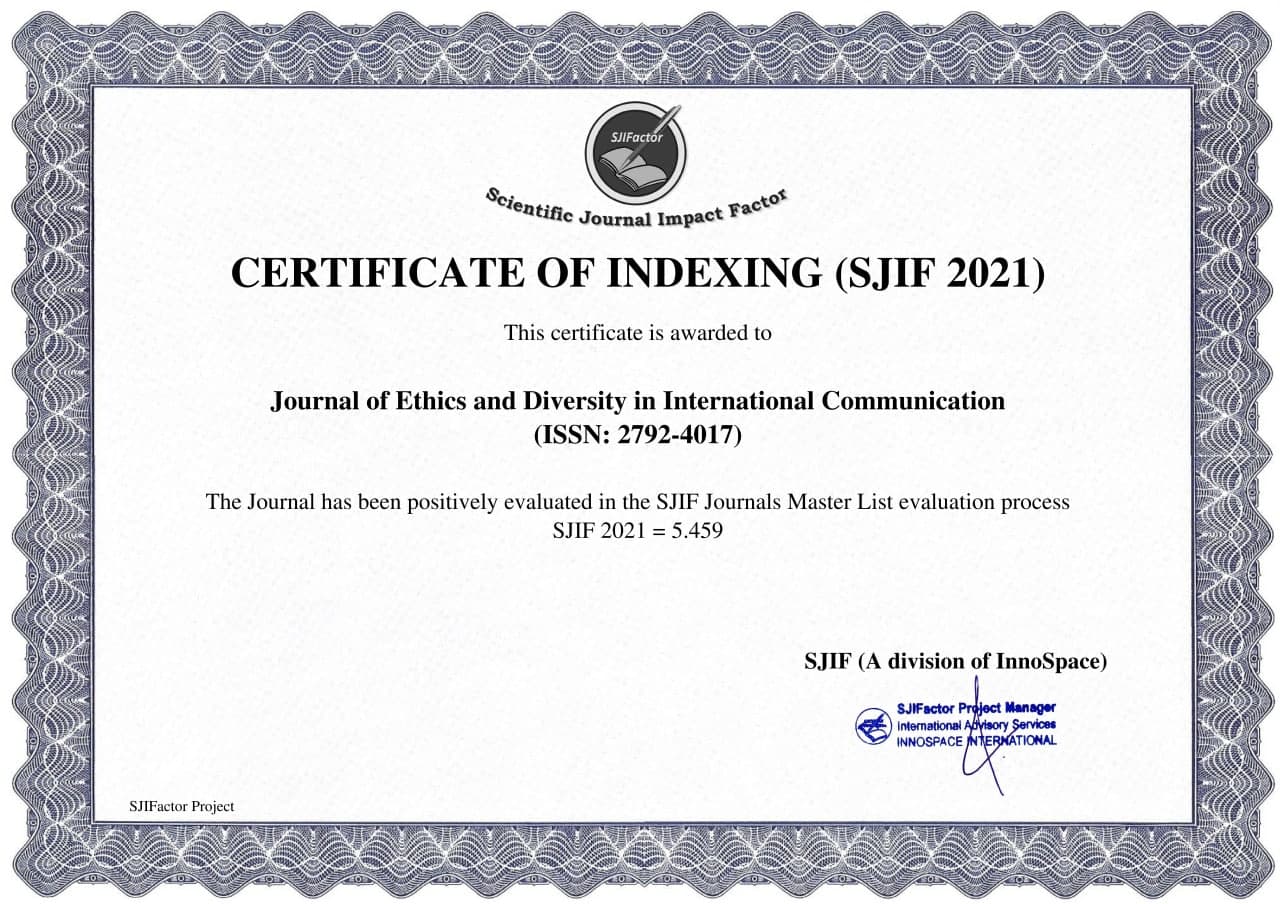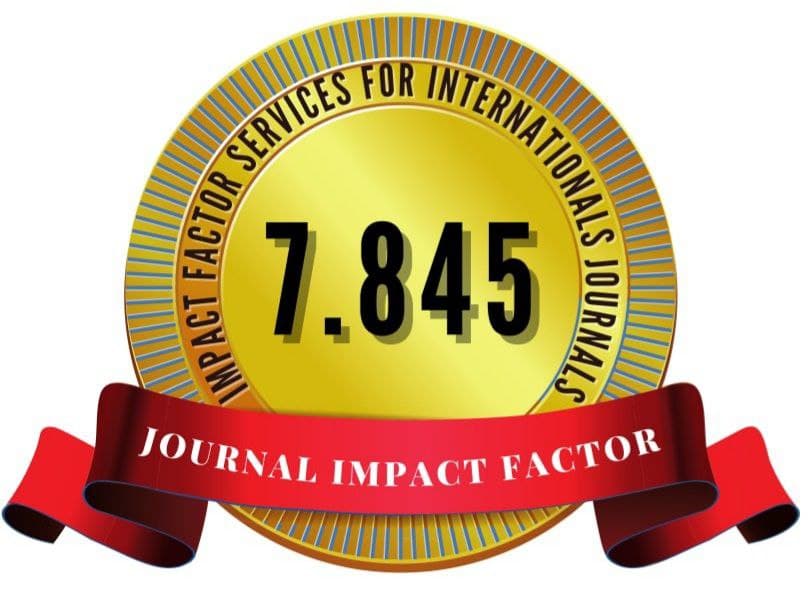Questioning Technique as A Means of Effective Student Learning
Keywords:
argumentation, non-standard thinking, humor in learning, logical questionsAbstract
The German philosopher and thinker of the Enlightenment, Immanuel Kant, expressed the following opinion: “The ability to raise reasonable questions is a sign of intelligence and insight”. Each teacher in his professional activity must be able to ask questions. The cognitive process begins, first of all, with a question that directs a person's consciousness along the path of the desired answer, and this, in turn, activates the need for specific knowledge and introduces them to mental work. A question that can intrigue students is an effective teaching tool that creates a desire to find an answer, and thus arouses the desire to learn. A question is a special form of thought that contributes to obtaining information and switching a person’s thoughts in the right direction. Thus, who asks questions, he runs the conversation in the right direction. The ability to ask questions is the most relevant for any teacher, and here the pre-thought-out logical structure of the question being asked is of great importance. Interesting and non-standard questions that activate the thinking of students make the classes more interesting and understandable. At the same time, informative material that is difficult to perceive must, if possible, be explained in an accessible and simple way, proceeding from the general to the particular. The idea that needs to be conveyed to the audience, with the help of a particular question, should be expressed briefly and clearly, that is, concisely, this helps to save time and effectively assimilate new educational material by students, for the subsequent application of the information received in their professional activities [3].








